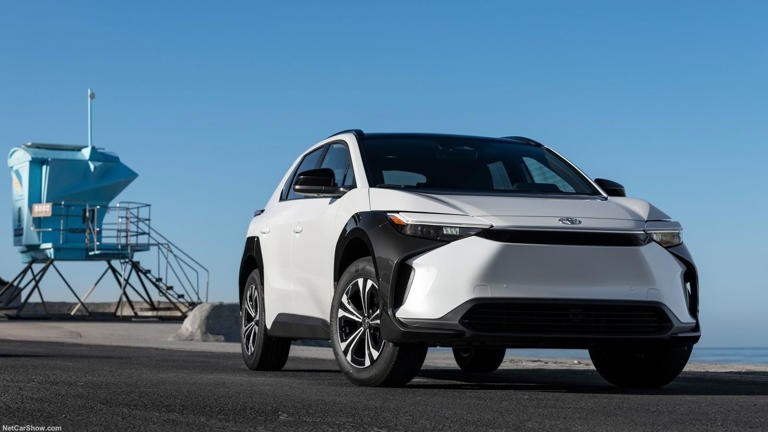
Toyota, the automotive giant known for its reliable vehicles and hybrid technology, is poised to revolutionize the electric vehicle (EV) industry with its groundbreaking solid-state battery. This innovation promises to address the most significant hurdles facing widespread EV adoption and could potentially reshape the automotive landscape.
The Solid-State Battery Advantage
Toyota's solid-state battery technology is set to offer an impressive driving range of up to 745 miles on a single charge. This remarkable feat would effectively eliminate the range anxiety that has long plagued potential EV buyers. The impact of this development cannot be overstated, as it addresses one of the primary concerns holding back mass EV adoption.
But the benefits don't stop at range. Solid-state batteries are substantially lighter than their lithium-ion counterparts, which translates to increased payload capacity and improved interior space in vehicles. This weight reduction could lead to more efficient and spacious EVs, enhancing the overall driving experience.
A Game-Changer for the Industry
Toyota's commitment to solid-state battery technology has sent ripples through the automotive world. As the company inches closer to production, other automakers are scrambling to develop their own solid-state solutions. The prospect of a 745-mile range has become a new benchmark, with competitors realizing they must match or exceed this figure to remain competitive in the evolving EV market.
The potential of solid-state batteries extends beyond just range. These batteries promise faster charging times without the risk of premature degradation, addressing another key concern for EV owners. Additionally, the reduced size and weight of these batteries could lead to more design flexibility for automakers, potentially revolutionizing vehicle layouts and aesthetics.
Toyota's Unique Position
Toyota's reputation for reliability and innovation puts it in a strong position to lead the solid-state battery revolution. The company's financial stability allows it to invest heavily in long-term projects, giving it an edge in developing and perfecting this new technology.
Moreover, Toyota's track record of introducing game-changing technologies, such as hybrid powertrains, lends credibility to its solid-state battery efforts. Consumers who might be hesitant about adopting new technology may find comfort in Toyota's reputation for quality and dependability.
The Future of EVs
As the automotive industry continues its shift towards electrification, solid-state batteries represent the next frontier in EV technology. While lithium-ion batteries have been instrumental in the rise of EVs, they have limitations that solid-state technology promises to overcome.
Toyota's advancements in this field have put every automaker on notice. The race to develop and implement solid-state battery technology is now in full swing, with the potential to dramatically accelerate the transition to electric vehicles.
In conclusion, Toyota's 745-mile solid-state battery is not just a technological achievement; it's a challenge to the entire automotive industry. As this technology moves closer to production, it may well mark the beginning of a new era in electric mobility, with Toyota leading the charge.